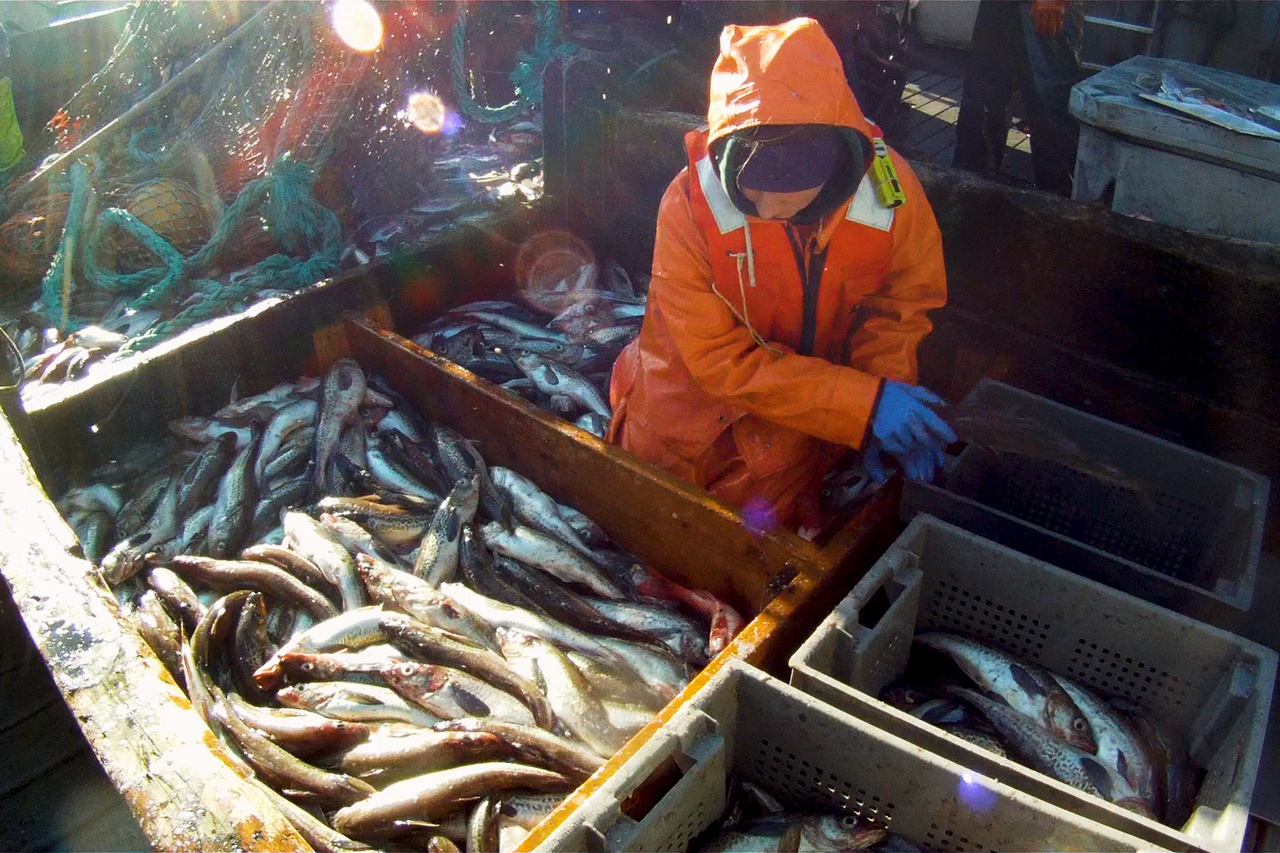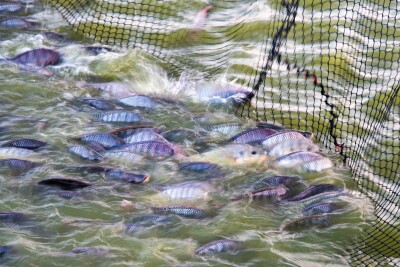NOAA has canceled five of the six large-scale research surveys scheduled to take place in the waters off Alaska this year as a result of the covid-19 pandemic, according to an agency press release.
The release cited the unique challenges and uncertainties posed by the coronavirus crisis, which have resulted in the cancellation of the Aleutian Islands bottom-trawl survey, the eastern Bering Sea bottom-trawl survey, the northern Bering Sea bottom-trawl survey, the Bering Sea pollock acoustics survey, and the fall ecosystem survey. The Alaska longline survey will go ahead as planned.
“This was a difficult decision for the agency as we strive to meet our core mission responsibilities while balancing the realities and impacts of the current health crisis,” the release said. “After much deliberation, we determined that there is no way to move forward with a survey plan that effectively minimizes risks to staff, crew, and the communities associated with the surveys.”
NOAA wrote that they’d been weighing the decision for more than two months. They cited Alaska’s mandatory two-week quarantine for travelers issued in March, as well as any quarantines the survey team would be required to take upon leaving Alaska and returning to their home states, as one of the reasons a season of surveys would not be feasible.
NOAA hopes to alleviate the loss of much of this year’s survey data by collecting acoustic data with the use of unmanned surface vehicles to support pollock assessment, collect fishery, oceanographic, and ecosystem data through collaborations with federal, state, and industry stakeholders, and collect fishery observer data.
The information collected through these channels will be presented to the North Pacific Fishery Management Council Scientific and Statistical Committee Meeting on Monday, June 1, and to the full council the following week. At that time, NOAA together with the North Pacific council, will determine the path going forward.
This story was originally published at SeafoodSource.com.







